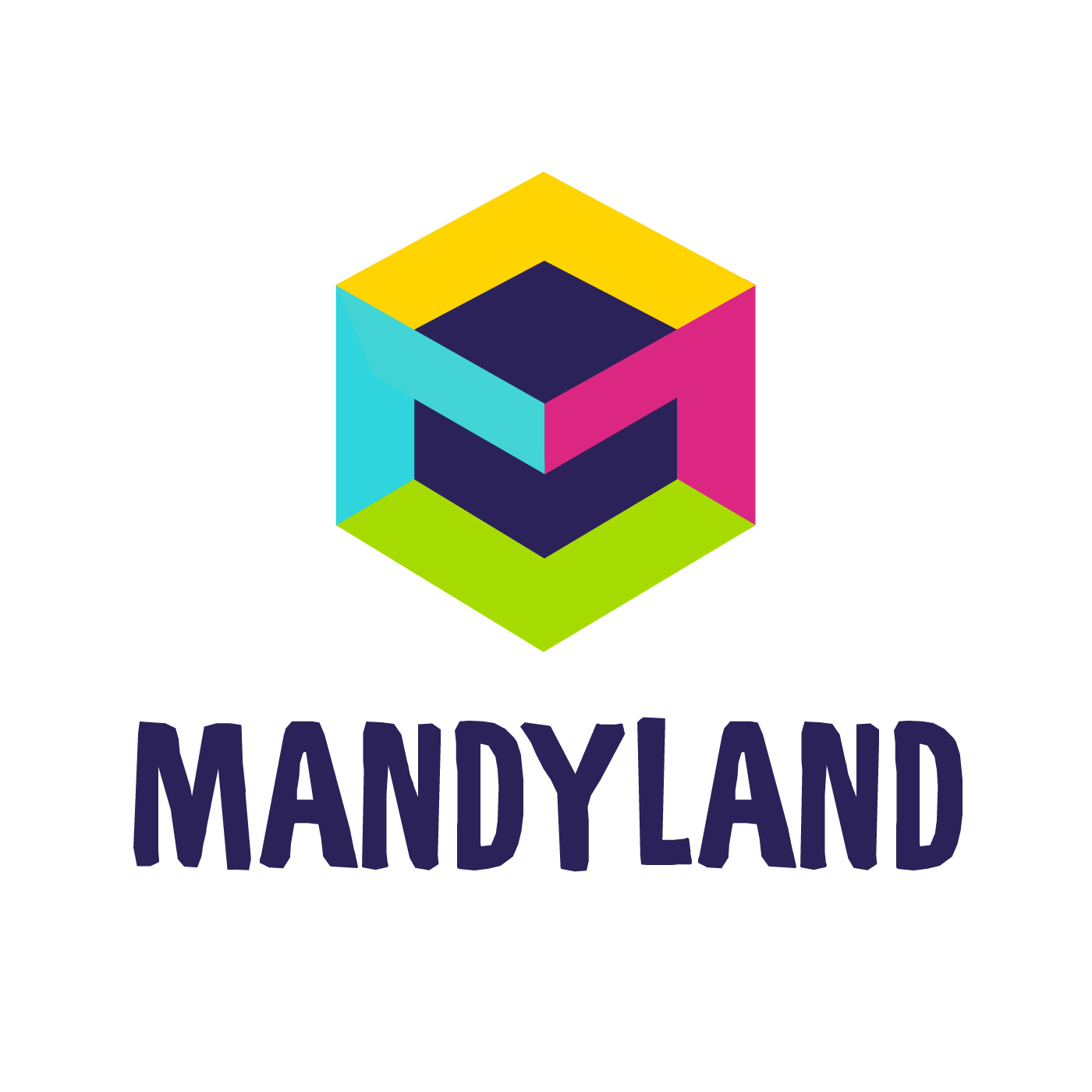Show Notes
Background
The conversation starts off with a reaction that Jenn had to a facilitator that I brought in for a retreat day for the staff of my company, the Centre for Applied Neuroscience. It sparked a whole conversation on privilege, which I admit was tough for me to have. I personally feel like it’s hard to talk about this, especially publicly, because out of fear that we might say the wrong thing. So I venture into this conversation feeling vulnerable. I think we dive into a few good points about it and I also feel more comfortable talking about it with Jenn, who I am very open with and who is a women of color (Chinese). So it was a great conversation to have!
Resources
Original Toronto Life article that was criticized for being too privileged: https://torontolife.com/real-estate/parkdale-reno-hell/
Author’s Reaction: http://www.huffingtonpost.ca/joshua-ostroff/we-bought-a-crack-house_b_16899252.html
Other stuff written https://www.vice.com/en_ca/article/ywzmnb/how-one-story-pissed-off-just-about-every-non-rich-person-in-toronto
Kendell Jenner (not Selena Gomez, as Jenn mistakenly said) Pepsi Ad: https://www.youtube.com/watch?v=AfCiV6ysngU
Test your biases through Project Implicit Biase through Harvard University: https://implicit.harvard.edu/implicit/ and here: https://implicit.harvard.edu/implicit/user/agg/blindspot/indexrk.htm
Jordin Tootoo, the Inuit Canadian Hockey Player: https://en.wikipedia.org/wiki/Jordin_Tootoo
Reflective Questions
Are you paralyzed by the idea of privilege? If so, what do you do about it?
If you use stories in your work in any capacity, have you thought about how they are perceived from the other people?
I admit to my biases against clothing style and indigenous peoples. Are you familiar with where your biases are and where they come from?
What do you think is the difference between visible versus invisible minority?
Do you think privilege should be that you either have it or not? Or should it be more of a privilege score card.
